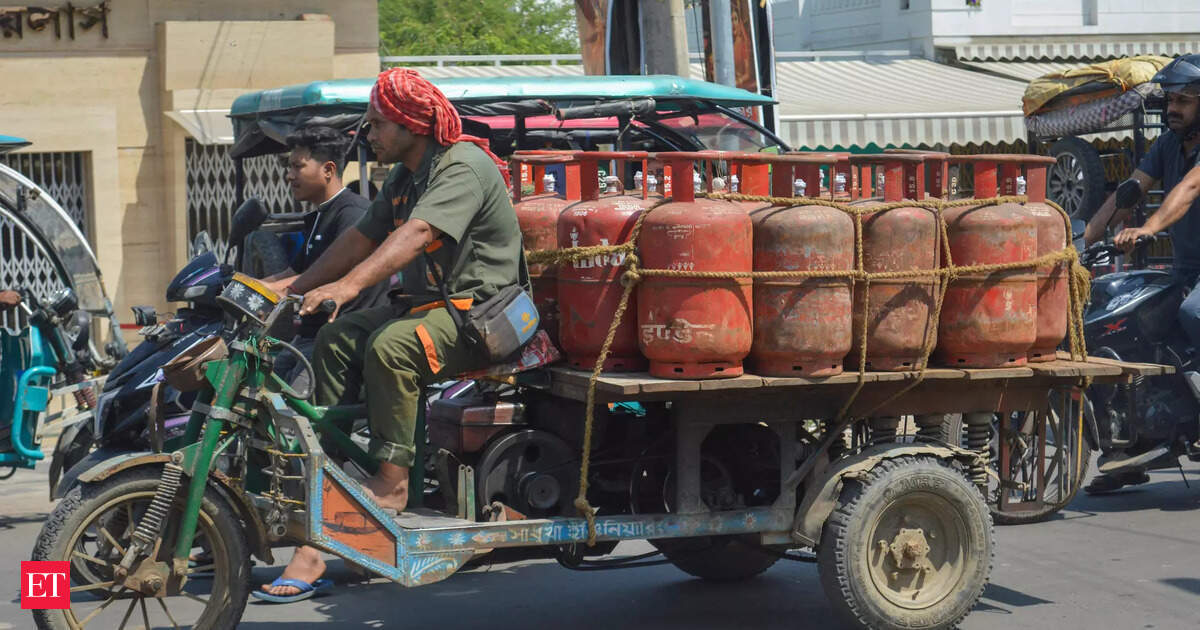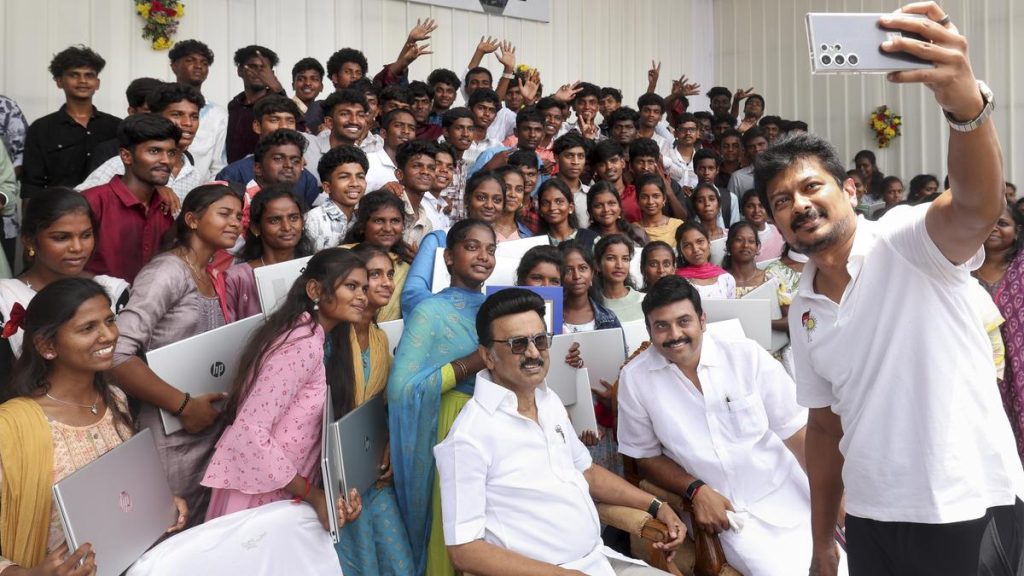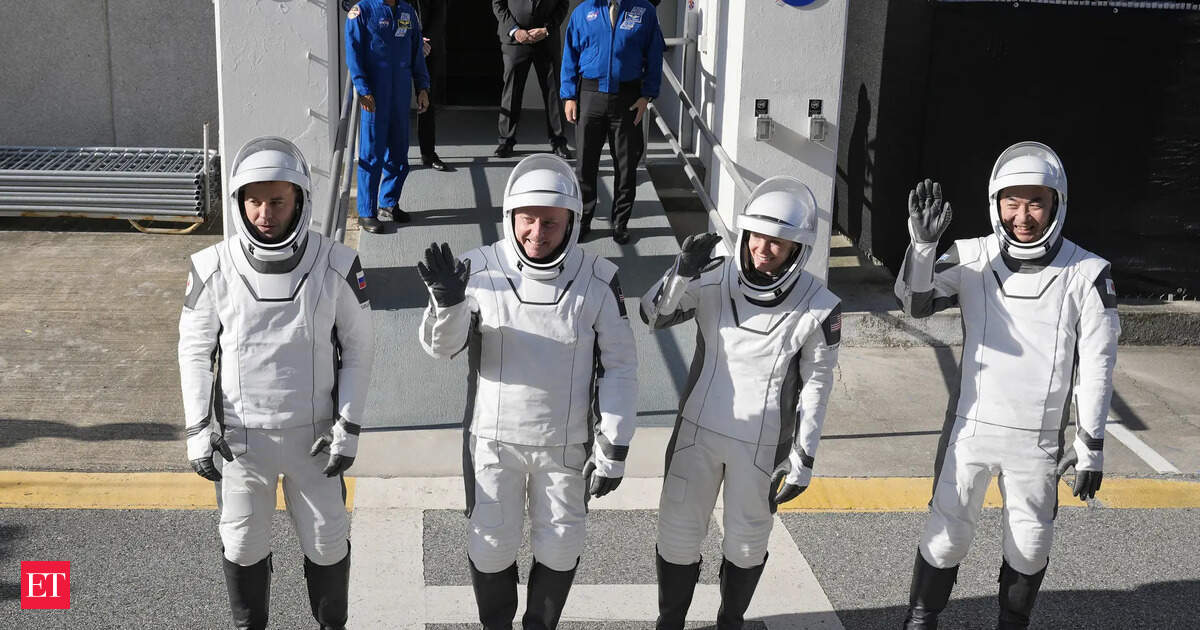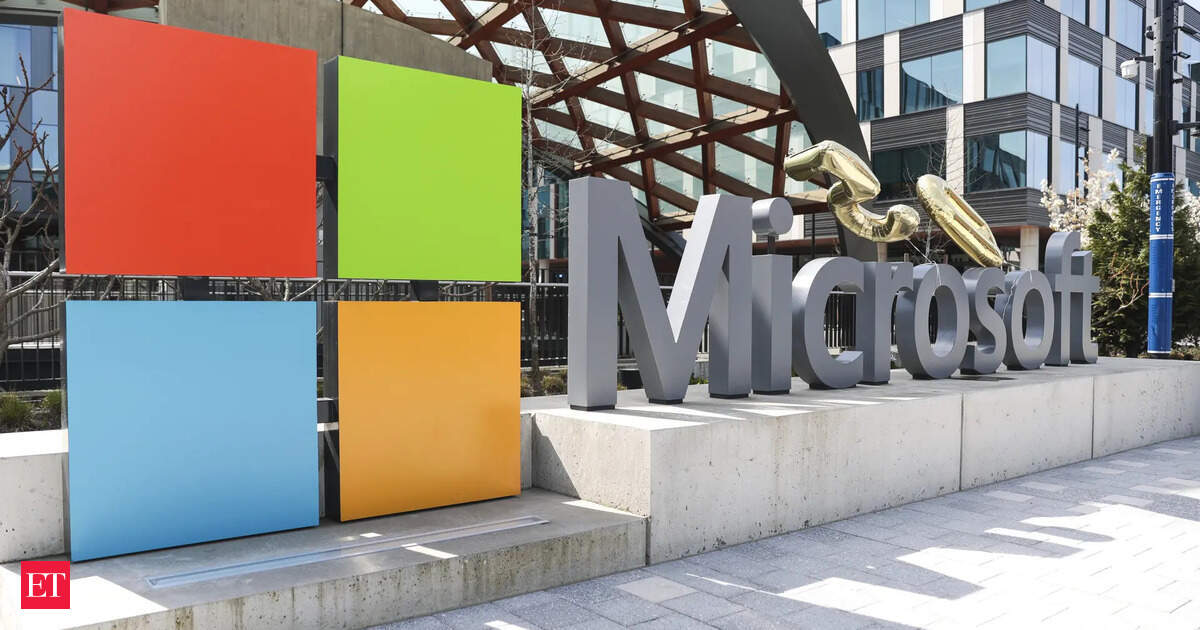Now Reading: Commercial LPG Cylinder Prices Slashed by ₹33
-
01
Commercial LPG Cylinder Prices Slashed by ₹33
Commercial LPG Cylinder Prices Slashed by ₹33

Fast Summary
- Oil Marketing companies (OMCs) have announced a Rs 33.50 price cut on 19 kg commercial LPG cylinders, effective August 1.
- In Delhi, the revised retail price for these cylinders will now be Rs 1,631.50.
- There is no change in the cost of domestic 14.2 kg LPG cylinders.
- This reduction follows a pattern of commercial LPG rate cuts: Rs 58.50 in July, rs 24 in June, rs 41 in April, and Rs 7 in February-alongside a marginal hike of Rs 6 in March.
- Small businesses like restaurants, hotels, and street vendors are expected to benefit as these sectors depend heavily on commercial LPG.
- Domestic usage constitutes approximately 90% of India’s total LPG consumption; the remaining is used by commercial, industrial, and automotive sectors.
- An earlier report indicated that India’s crude oil basket reached $64.5 per barrel in May-the lowest level seen over three years-which could reduce OMCs’ losses related to LPG prices by around 45%.
- Household adoption of domestic LPG has considerably increased over the last decade with connections doubling to nearly 33 crore households as of April.
Indian Opinion Analysis
The consistent reductions in commercial LPG cylinder prices reflect alignment with global crude oil trends and could serve as relief for India’s small buisness ecosystem-particularly food services that rely heavily on affordable energy inputs for their operations. With crude oil prices at historic lows impacting input costs favorably for OMCs-a trend leveraging economic benefits-is likely being pursued strategically.
However, domestic cylinder rates remain unchanged amidst steady demand from nearly all Indian families who have adopted household gas connections-a reality emphasizing stability essential for public welfare but exposed significantly to global volatility via pricing linkages (10% tied globally). The broader implication remains clear: while industries adjust rapidly to fluctuating energy costs based commodity factors ensuring inclusivity across issuance highlights clear juxtaposition boundaries embracing long-lasting versus industry dynamic gaps

























